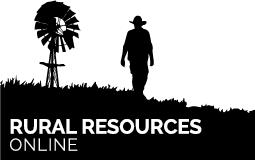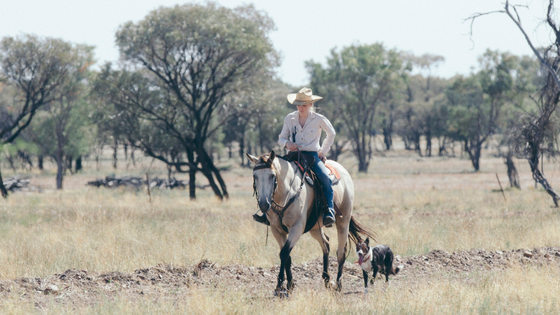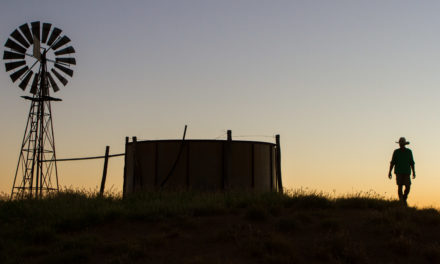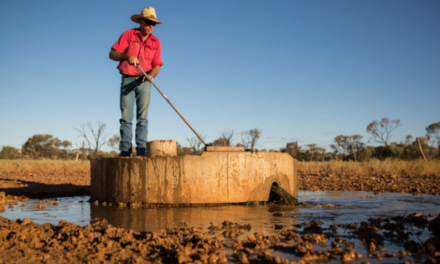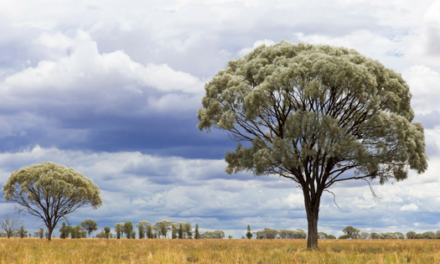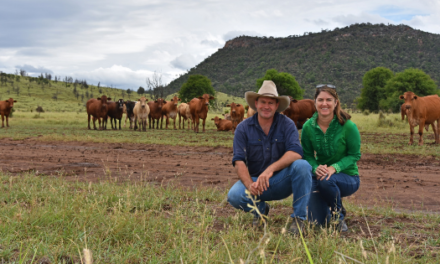The 2017 Grain Growers Innovation Generation Conference in South Australia provided an opportunity to gain a fresh insight into some of the major issues that will face, challenge and propel the next generation of Australians farming in a technological age.
And I was lucky enough to gain this insight with a set of fresh eyes, accompanied by my 13-year-old son. Like many children from farming families he plays an important role in our agribusiness.
Given the technological changes that have occurred in recent years and those predicted in the future, it is important for us to understand what this means for our business.
So what key takeaways did we get from the Grain Growers Innovation Generation Conference for 2017?
The issues
The issues challenging the future of the grains sector are no different to those that red med producers or other areas of agriculture face. The terminology may differ but the basics are the same.
- Change is inevitable – In the future the question will be ‘what technology can do that?’ more so than ‘who do we need to do that?’. Self-steering tractors are to be replaced by driverless machines and the use of remote sensors, drone technology, automation, big data and telemetry is already happening.
- Innovation impacts globally – Australian Agriculture has always been an early adopter of innovation. To protect our competitive advantage we must continue to attract, develop and implement innovative technologies and practices.
Private sector investment has been growing significantly as food security is recognised as a global issue and it is important for the coalface to be benefactors, not just big business. - Consumers care – To connect effectively with consumers it is important to understand what is behind the choices they make. Producers need to be mindful that we have to tell our story in a language consumers understand. We need to align that language with what we expect consumers to want, not what we feel they should know.
- Food trends continue – Some people are making a lot of money telling consumers what they should eat, and new labels to describe food are continually being developed.
Consumer habits are also changing. Snackification describes the shift to eating smaller pre-prepared portions that reflect a move away from three meals at set times, as consumers’ “on-the-go” busy lifestyles are reflected in their eating habits. - Interoperability is a big issue – As technology is incorporated into more and more practices on the farm there is a huge challenge in managing the interfaces to ensure different systems talk to each other.
- Food has a fear zone – In this new world of social media where everyone has a camera and can publish their thoughts instantly, Australian agriculture must be transparent all the time to maintain trust.Big Data must be managed better – While there are significant benefits to having technology to record high levels of data about agricultural production, we must be careful who owns it, for what purpose, and who will reap the benefits. Social media should come with a warning – There are many positives in being able to connect with people online to network, exchange information, engage with consumers about agricultural practices, and feel less isolated.
However, as an industry, Agriculture must present a unified, positive message that ensures we advocate without getting it wrong.
The simple message a united Agricultural industry should be sharing
We are grateful to consumers who support Australian farmers because, like us, they know it is affordable, safe, nutritious, and supports local producers as well as the Australian economy.
The stories we craft matter
Many speakers at the conference reinforced the importance of Australian agriculture owning its stories. If farmers don’t share them, other people will, and we have no control over what they are saying.
We must, however, engage in a language the city consumer understands. Producers are emotionally involved in what we do. We care, so it is easy to take negative comments personally and feel the need to defend ourselves.
But this is a business. We need consumers to be on-side and prepared to pay fairly for what we produce. By putting our marketing hat on we engage from a different perspective.
Alex Milner-Smyth has written a post based on her presentation Social Media and Social Licence: Avoiding the Seven Deadly Sins, which is definitely worth a read.
The digital age in Agriculture is not simply about embracing technology to improve efficiencies. Australian farmers are now able to advocate for the industry through many media channels using opportunities not previously available.
However, with this opportunity comes risks.
Social media allows everyone to self-publish their opinion. Without the opportunity to formulate thoughts and explore why it is important for the Agricultural sector to have a unified positive message unintentional damage will be done.
